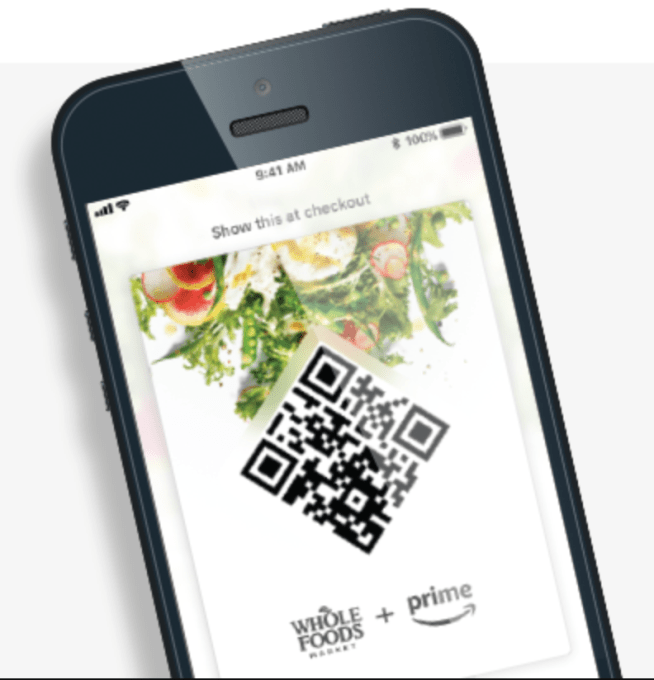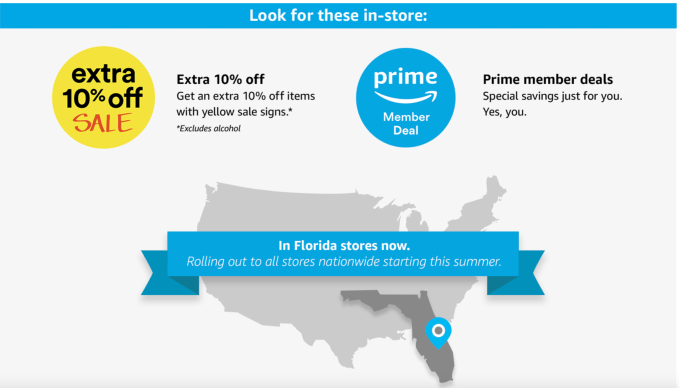TechCrunch is coming to Zug, Switzerland, to discuss all things Blockchain. This is going to be one of the most important events we’ve ever held in Europe and one of the most important ever. You’re not going to want to miss this.
TechCrunch Sessions: Blockchain 2018 features an impressive lineup of fireside chats and panels with icons of the global blockchain and crypto tech scene.
We’re thrilled to bring accomplished founders and chief executives to the stage. Among others, this includes, Ethereum’s creator, Vitalik Buterin, ConsenSys founder Joe Lubin, IBM/Hyperledger’s Brian Behlendorf, as well as Changpeng Zhao of Binance and Galia Benartzi of Bancor.
Tickets are still available for purchase. We’re thrilled to make it to Zug for this show and hope you can make it.
AGENDA
9:00 AM – 9:05 AM
Opening Remarks
9:05 AM – 9:10 AM
Welcome Remarks: Dolfi Müller (Mayor of Zug)
9:10 AM – 9:30 AM
Coming soon!
9:30 AM – 9:50 AM
Fireside Chat with Brian Behlendorf (Hyperledger)
The Executive Director gives an inside look at the technology powering The Hyperledger Project.
9:50 AM – 10:15 AM
In Conversation with Nicolas Brand (Lakestar) and Colin Hanna (Balderton)
Tokenising VC – the Venture Capitalist’s perspective on Blockchain.
10:15 AM – 10:40 AM
Coming soon!
10:40 AM – 11:10 AM
BREAK
11:10 AM – 11:50 AM
Fireside Chat with Vitalik Buterin (Ethereum Foundation)
A conversation with Ethereum’s creator, Vitalik Buterin.
11:50 AM – 12:15 PM
In Conversation with Galia Benartzi (Bancor) and Jun Hasegawa (OmiseGO)
Benartzi and Hasegawa discuss successful ICOs – are they made or born?
12:15 PM – 12:35 PM
Fireside Chat with Jim Fruchterman (Benetech)
Release the chains! Can Blockchain be a force for social good?
12:35 PM – 1:00 PM
In Conversation with with Patrick Berarducci (The Brooklyn Project), Mona El Isa (Melonport) and Pierre-Edouard Wahl (PwC Switzerland)
The Wild West of regulating crypto.
1:00 PM – 1:15 PM
INNOVATION BREAK
1:15 PM – 2:15 PM
LUNCH
2:15 PM – 2:35 PM
Fireside Chat with Roham Gharegozlou (Axiom Zen)
The CEO of CryptoKitties discusses the story behind its smash success.
2:35 PM – 3:00 PM
In Conversation with Hope Liu (Eximchain) and Gert Sylvest (Tradeshift)
The Co-founders of Eximchain and Tradeshift explore the push from blockchain to the supply chain.
3:00 PM – 3:25 PM
In Conversation with Kris Marszalek (Monaco), Joshua Stein (Harbor) and Hanna Zubko (IntellectEU)
Banking on Blockchain: Can established banks keep up with the new world order?
3:25 PM – 3:45 PM
Fireside Chat with Balaji Srinivasan (Coinbase)
The new CTO of Coinbase and Board Partner of a16z discusses keeping pace with new players.
3:45 PM – 4:25 PM
BREAK
4:25 PM – 4:45 PM
Fireside Chat with Joe Lubin (ConsenSys)
The Founder of ConsenSys shares his story and whether his company can become the Alphabet of Blockchain.
4:45 PM – 5:10 PM
In Conversation with Sam Cassat (ConsenSys), Phil Windley (Sovrin Foundation) and Guy Zyskind (Enigma)
Cassat, Windley and Zyskind explore the emergence of self-sovereign identities.
5:10 PM – 5:30 PM
Fireside Chat with Changpeng Zhao (Binance)
Can exchanges…change?
5:30 PM – 5:50 PM
Fireside Chat with Leanne Kemp (Everledger)
On the blockchain once, on the blockchain forever. Kemp discusses the opportunities and challenges in building Everledger.
5:50 PM – 6:00 PM
WRAP




 what's up with
what's up with  Whole Foods currently has over 470 stores in the U.S., Canada and U.K. combined, but the majority – 463 – are in the U.S.
Whole Foods currently has over 470 stores in the U.S., Canada and U.K. combined, but the majority – 463 – are in the U.S.
